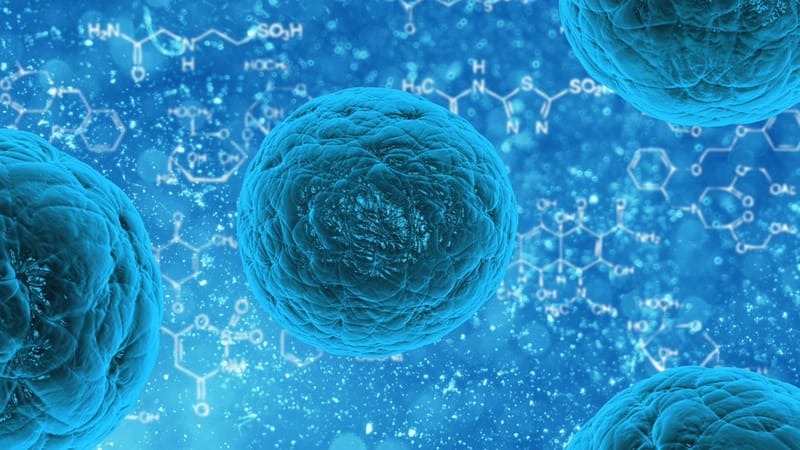Blog
Thyroid medications recalled voluntarily by manufacturer after FDA issues warning to Chinese manufacturing supplier. Certain batches of hypothyroid medications are being recalled by Westminster Pharmaceuticals after one of its Chinese suppliers failed a US Food and Drug Administration inspection.
Mehr lesenThe World Health Organization’s cancer research agency classified glyphosate as “probably carcinogenic to humans” in 2015. In the US, the Environmental Protection Agency (EPA) labeled glyphosate a carcinogen in 1985, but reversed its position in 1991. In 2017, California listed glyphosate in its Proposition 65 registry of chemicals known to cause cancer.
Mehr lesenCrimean-Congo fever is not something German residents have ever had to worry about – but that may be about to change after the discovery of tropical ticks known to be carriers of the disease. Scientists at the University of Hohenheim and the Institute for Microbiology (IMB) of the German Federal Armed Forces in Munich say they have found seven different specimens of tropical ticks, known as Hyalomma, in the northern region of Lower Saxony.
Mehr lesenFor the first time ever, scientists have witnessed death itself moving through a cell and have measured its speed. The revolutionary finding could hold potential for the future treatment of cancer and Alzheimer's disease. Scientists from the Stanford University School of Medicine witnessed the wave-like motion of cell death and published their groundbreaking findings in the journal Science.
Mehr lesen"Severely ill patients suffering from cancer (lung, breast, prostate, or intestinal tumors) are being treated with increasingly complex and costly cytotoxic agents. An epidemiologist has recently analyzed survival rates, and his findings indicate that, despite alleged positive outcomes, patients do not live any longer."
Mehr lesenThe review of 600 cancer patients in Britain who died within 30 days of treatment has found that one in four of the deaths was either caused or hastened by the chemotherapy. Chemotherapy is a standard treatment for cancer but the study questions whether seriously ill patients can cope with it.
Mehr lesenSeverely ill patients suffering from cancer (lung, breast, prostate, or intestinal tumors) are being treated with increasingly complex and costly cytotoxic agents. An epidemiologist has recently analyzed survival rates, and his findings indicate that, despite alleged positive outcomes, patients do not live any longer.
Mehr lesenThe study had been carried out by the National Confidential Enquiry into Patient Outcome and Deaths in Britain, whose members are mostly taken from British medical royal colleges. It had looked at the cases of 600 cancer sufferers in the country who had passed on within 30 days of treatment. The majority of the said patients had already been declared “incurable” by doctors, and had been put on chemotherapy for palliative purposes.
Mehr lesenResearch studies and unbiased statistical analysis show that there is no scientific basis for orthodox cancer treatments like radical surgery, chemotherapy and radiation therapy and that these treatments often do more harm than good.
Mehr lesenChemotherapy boosts cancer growth and long-term mortality rates. Most chemotherapy patients either die or are plagued with illness within 10-15 years after treatment. It destroys their immune system, increases neuro-cognitive decline, disrupts endocrine functioning and causes organ and metabolic toxicities. Patients basically live in a permanent state of disease until their death.
Mehr lesenhe military called that stuff Mustard Gas – a derivative from the designation “Yellow Cross” on the packages. Those that breathed those murderous poisons died under horrible agonies. In the Second World War, it was discovered that this war gas predominantly attacked the bone marrow and lymph system, precisely those organs where white blood cells are formed and stored.
Mehr lesenA commonly used chemotherapy drug causes healthy brain cells to die off long after treatment has ended and may be one of the underlying biological causes of the cognitive side effects – or “chemo brain” – that many cancer patients experience. That is the conclusion of a study published today in the Journal of Biology.
Mehr lesen










